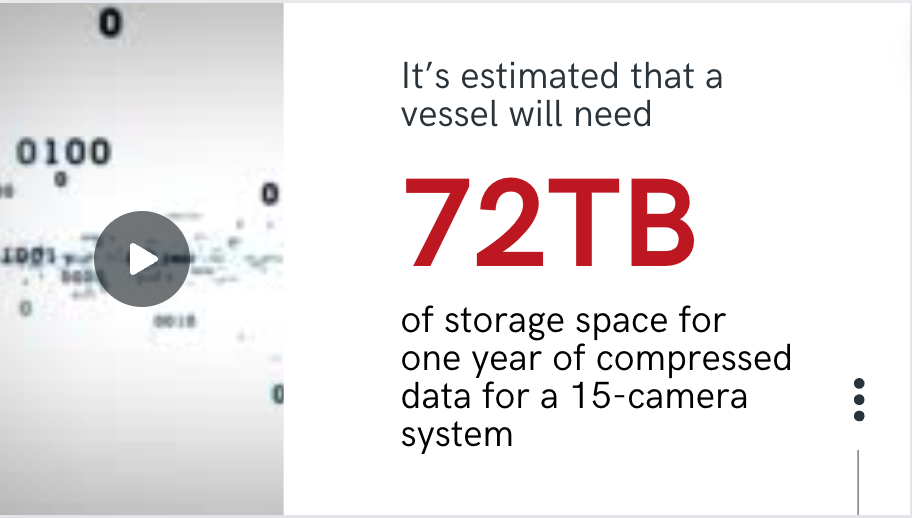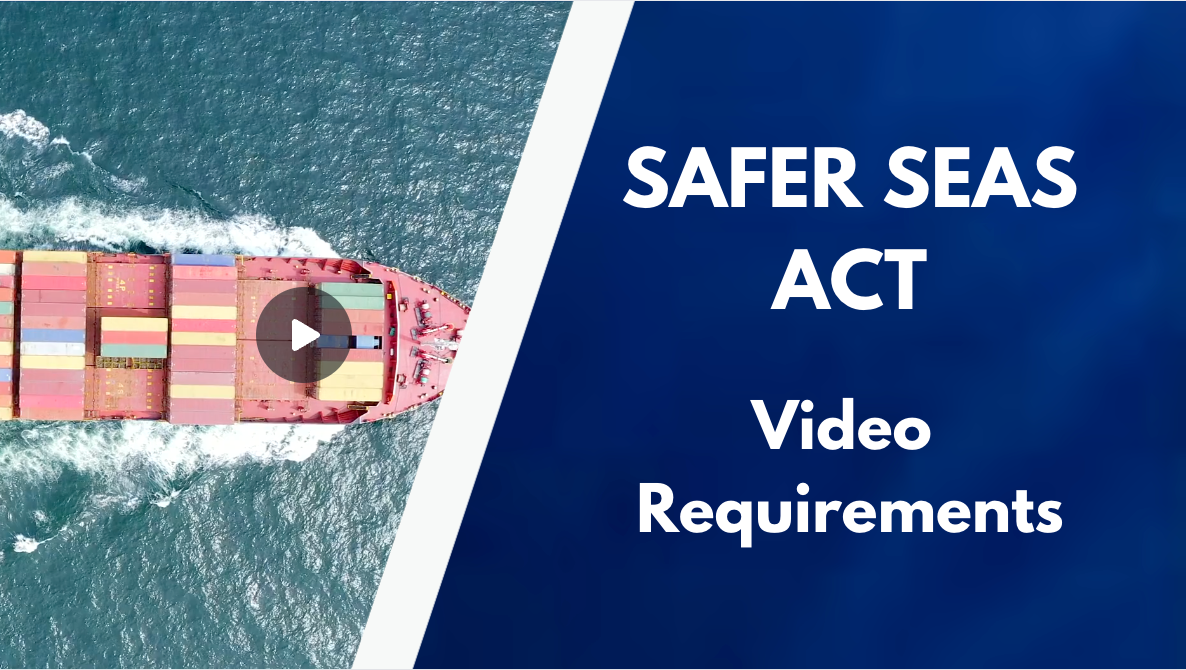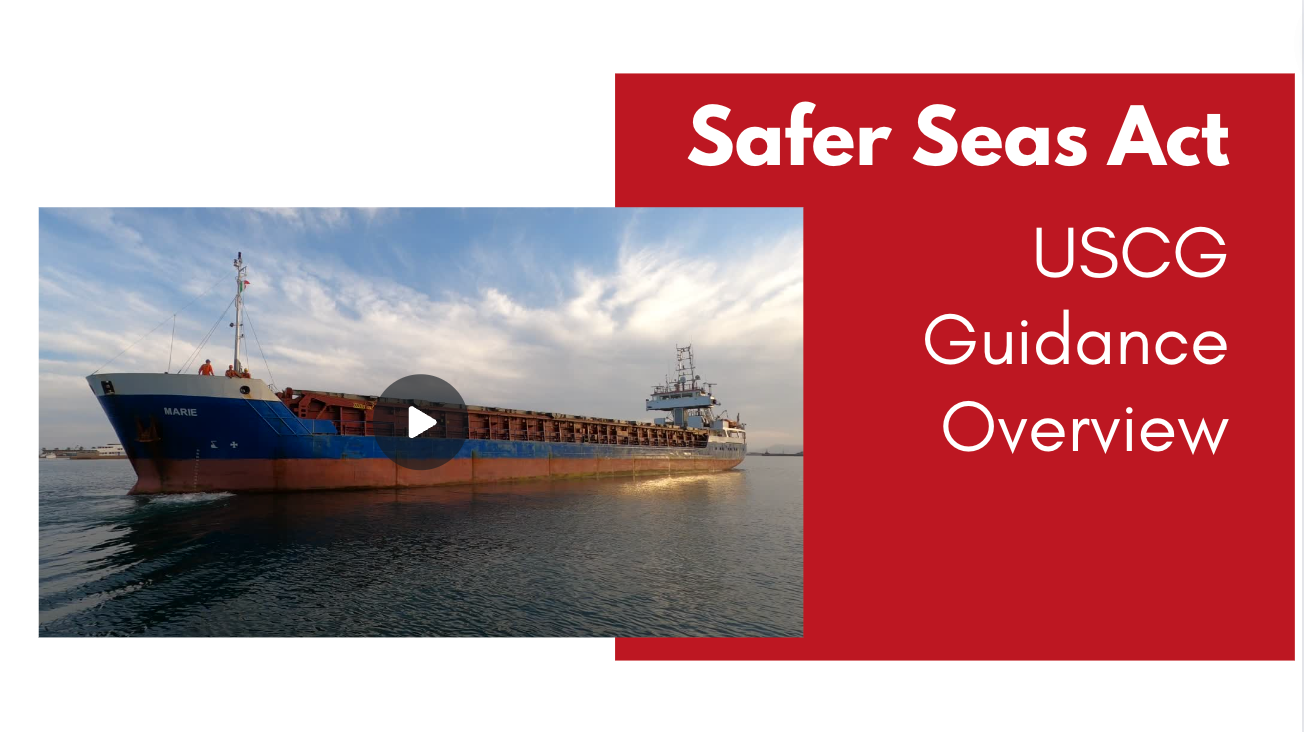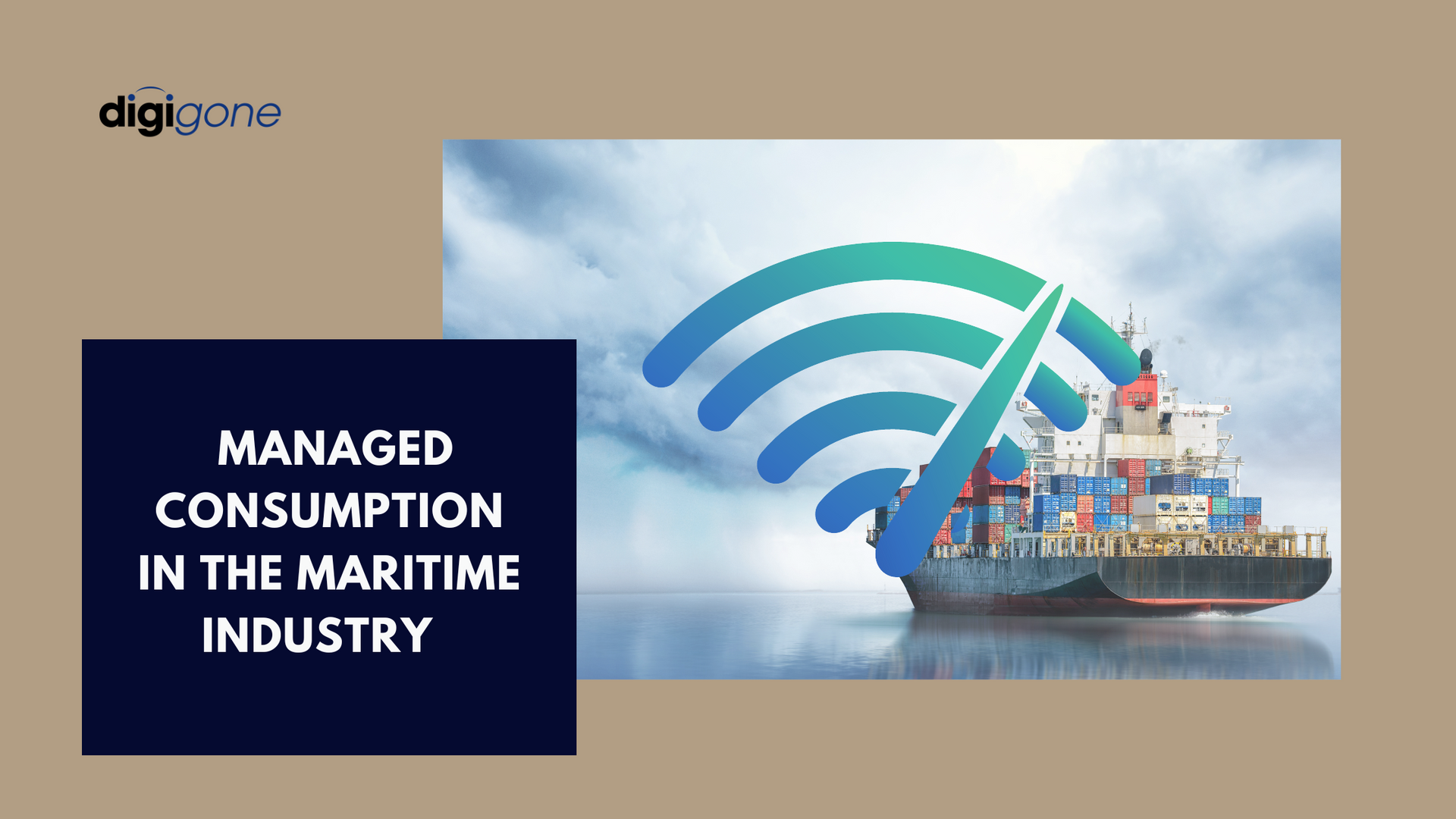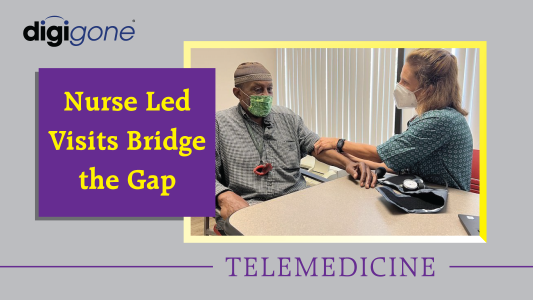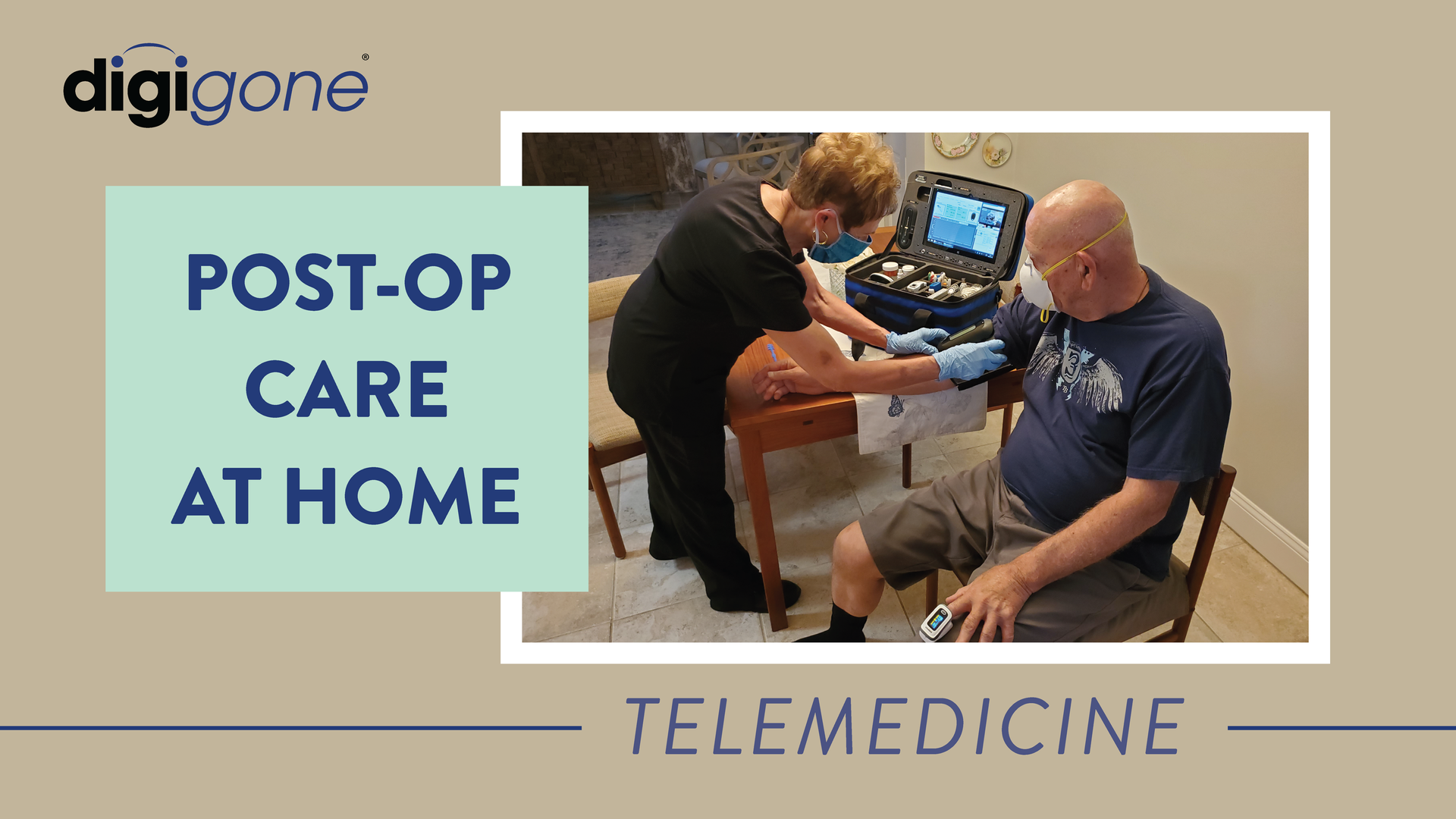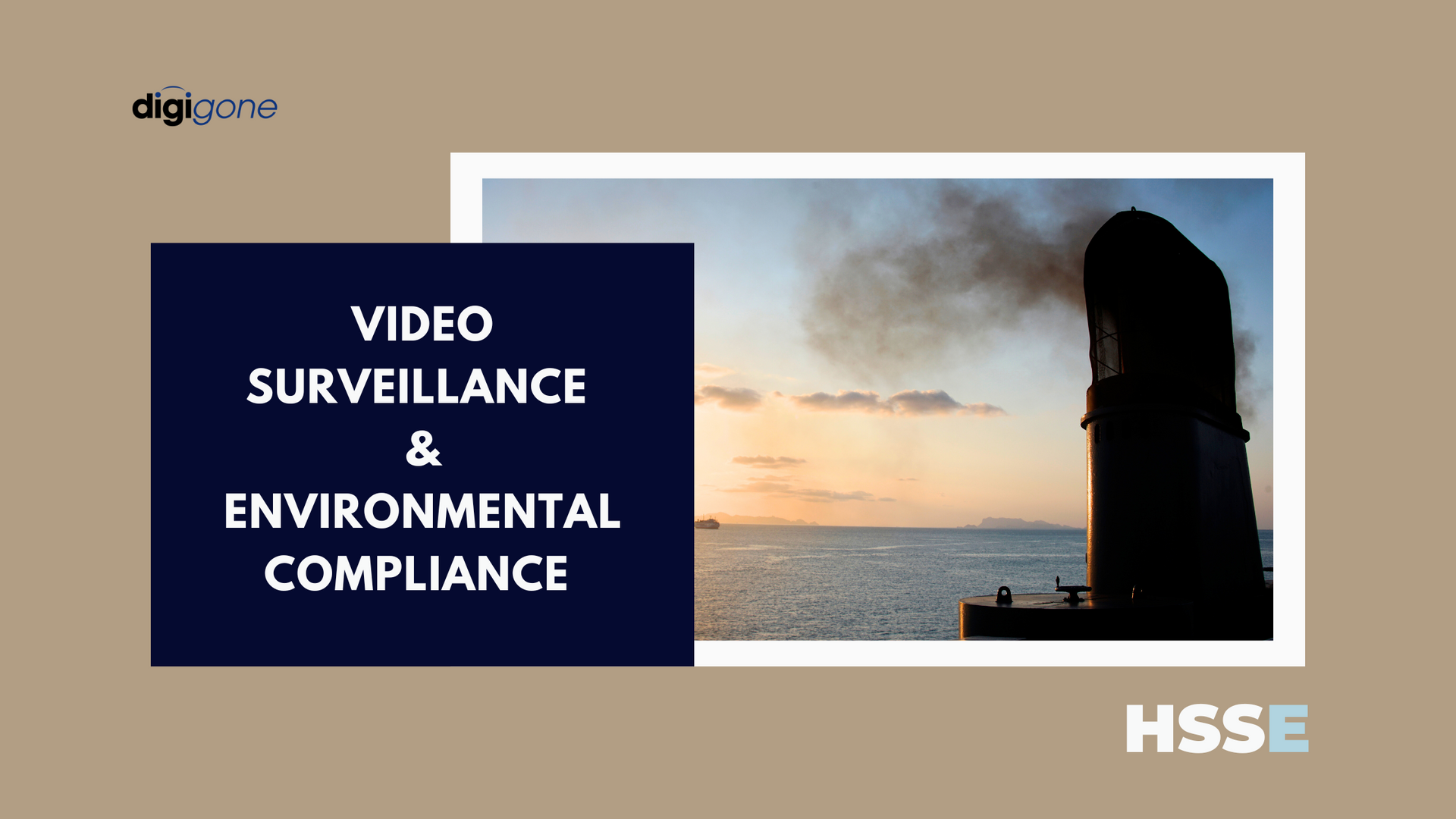Telemedicine Devices Are for More Than Just Treating Physical Injuries
September 20, 2019

What are your first thoughts when you think of portable telemedicine devices? You may picture a doctor communicating with a Designated Medical Officer (DMO) to treat a physical injury. And while these scenarios do happen, they aren’t the only practical use for telemedicine kits on remote vessels.
Telemedicine does not just facilitate medical care for physically injured crew or passengers—telemedicine can also serve as a useful tool for providing counseling or conducting a psychiatric assessment and recommending treatment while at sea.
Another issue is the impact that physical trauma can have on an individual. Individuals can develop post-traumatic stress disorder (PTSD) from a variety of issues. PTSD can occur from both receiving or witnessing physical injuries.
The brain is a complex organ, and mental health has a lot of variables. There are many things that can affect an individual’s mental state. Whether they are suffering from depression, anxiety, or some other form of mental trauma, these individuals often require treatment that isn’t always readily available while at sea.
Telemedicine kits are a viable solution that can help vessels connect with a doctor to properly assess, diagnose, and treat an individual that is experiencing mental duress.
What Does Telepsychiatry Look Like in the Field?
It may be hard to picture how a remote telemedicine device can help treat a mental health condition.
Imagine a crewmember aboard a vessel awoke his captain in the middle of the night and admitted to having severe anxiety, depression, and thoughts of wanting to jump off the ship into the ocean.
The captain’s first call is to his maritime telemedicine support service. From there, he’s connected to an emergency medicine physician who will assist him in treating his crewmember. The physician instructs the captain to immediately implement suicide precautions by confining the crewmember to a safe room that’s free of dangerous objects.
Next, a psychiatrist connects with your team to perform a telepsychiatric assessment of the patient. They use a remote telemedicine kit using a secure video conference application. This allows the psychiatrist to talk with the patient privately, assess the patient’s level of agitation, psychological history, and determine his risk of immediate further decompensation.
It’s at this point that an important discovery is made. The patient reveals that he stopped and then restarted his anti-depressant medication. As a result of the assessment, the doctor prescribed anti-anxiety medication and recommended that suicide precautions be maintained while aboard the vessel.
The doctor determined that the patient was fit to fly if accompanied by a repatriation team consisting of a paramedic and an assistant who are equipped with proper medication to assist the patient with his travel.
When the vessel eventually reached port the next day, the patient connected with the repatriation team where he was escorted to a psychiatric facility in the United States.
Stories like these happen all the time while out at sea. You can’t predict when an individual will have a mental breakdown, succumb to depression, and other factors. But you can equip yourself with the right tools to properly handle these situations.
Remote Telemedicine Devices and Telepsychiatry Can Make the Difference
Telepsychiatric assessment in mental health emergencies is an established practice and improves access to care for patients in maritime and remote land-based environments.
It can make the difference when a crew member is suffering from a debilitating mental condition. Your DMOs don’t always have the training required to make decisions when it comes to mental health. But connecting with a doctor or psychiatrist through remote telemedicine devices solves this problem.
What processes and solutions does your vessel have in place to handle mental health issues?

Telemedicine kits are becoming indispensable tools for home healthcare providers, particularly during transition care medical examinations (TCMs). While the initial TCM is conducted by a physician who generates revenue from the service, the telemedicine kit significantly benefits home healthcare providers by expediting patient registration for their care services. With a nurse or medical assistant deploying the kit, patients can be quickly evaluated and connected with a physician, ensuring all necessary documentation and approvals are completed more efficiently. This faster onboarding process allows home healthcare providers to register more patients in less time, helping them deliver care sooner and grow their services efficiently. The ability to “bring the doctor” to the patient through a telemedicine kit is invaluable in initiating care seamlessly. Once patients are on board, home healthcare providers can continue leveraging telemedicine technology to improve how they deliver services. The kits enable nurses and medical assistants to perform follow-up visits, diagnostics, and real-time consultations without requiring patients to leave their homes. This capability allows providers to optimize their schedules and visit more patients daily, all while maintaining a high standard of care. The efficiency gained means better coverage, smarter use of resources, and happier patients. Beyond efficiency, telemedicine kits help providers build stronger connections with their patients by making care more accessible and personalized. Providers can quickly respond to emerging health concerns, adjust care plans, and ensure ongoing monitoring—all from the patient’s home. This not only leads to better patient outcomes but also boosts the provider’s reputation for being reliable and innovative. By facilitating the registration of more patients and enhancing care once they are onboarded, telemedicine kits are powerful tools that enable home healthcare providers to expand their reach, improve operational efficiency, and thrive in an increasingly competitive market. In a rapidly evolving healthcare landscape, telemedicine kits are revolutionizing how home healthcare providers deliver care, enabling faster patient onboarding, enhanced service delivery, and stronger connections with patients. By integrating this indispensable technology, providers can streamline operations, improve patient outcomes, and position themselves as leaders in care innovation. Don’t miss the opportunity to elevate your home healthcare services. Explore how telemedicine kits can help you expand your reach, optimize your resources, and deliver exceptional care. Contact us today to learn more and take the next step toward transforming your care delivery model.
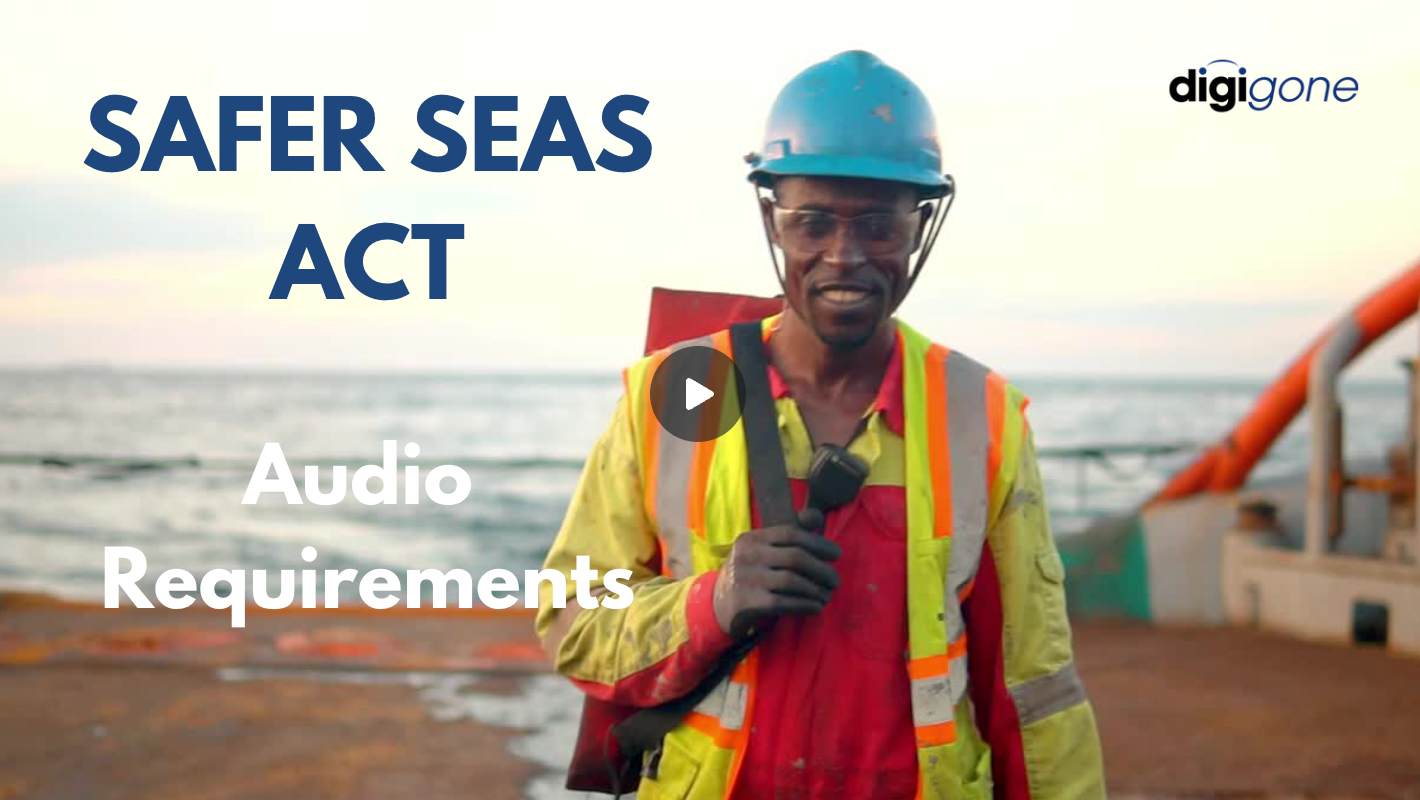
With the new Safer Seas Act, vessel companies must comply with many new regulations by the end of the year. One of those requirements includes audio equipment placed outside of hallways leading to staterooms, which DigiGone can help with. And while this may seem burdensome, these new rules will be good for vessel companies in the long run.



